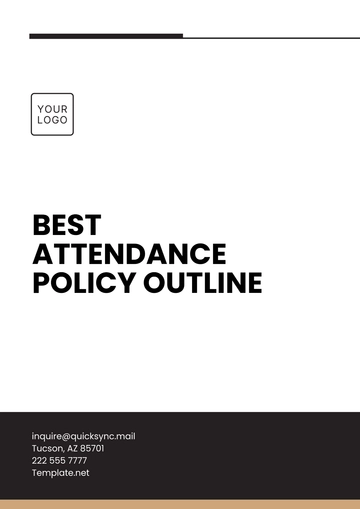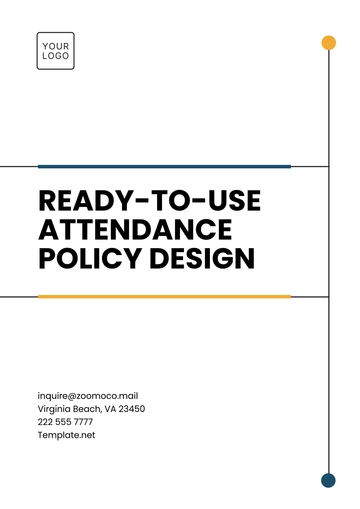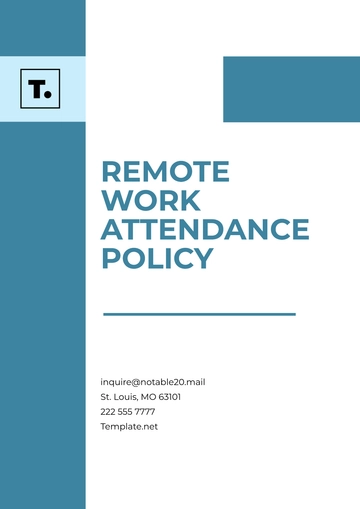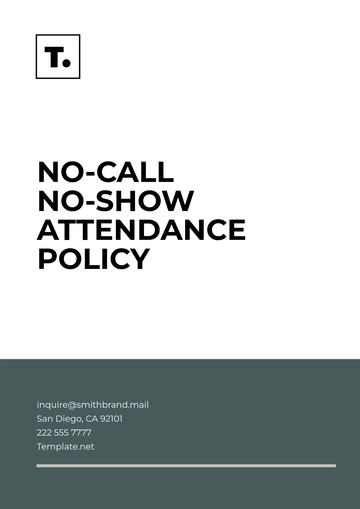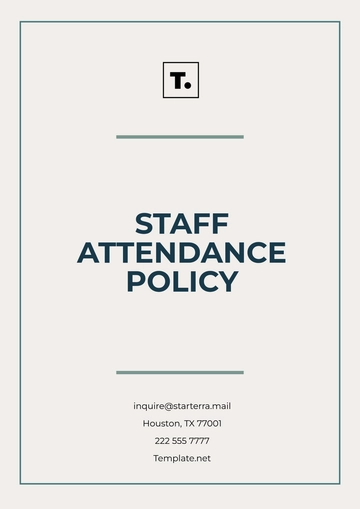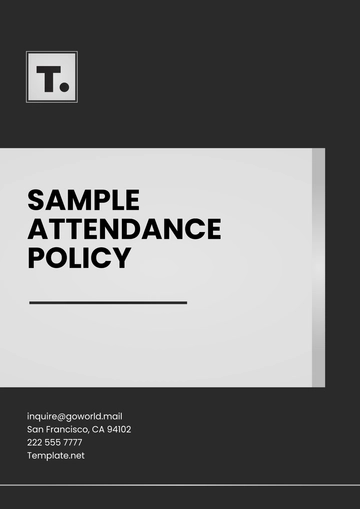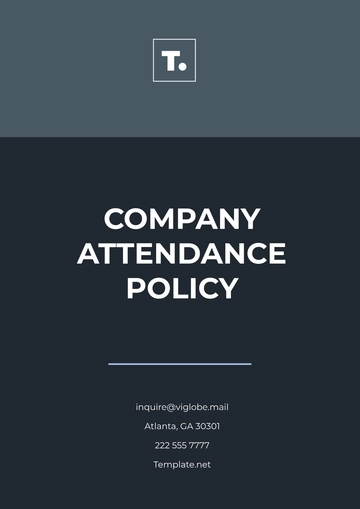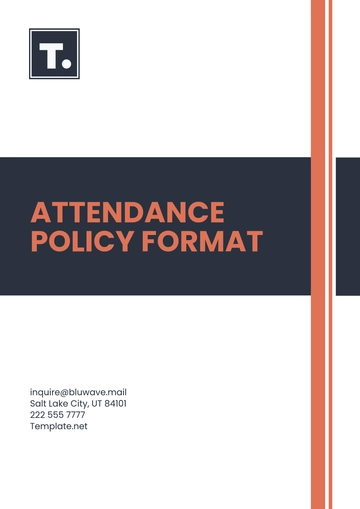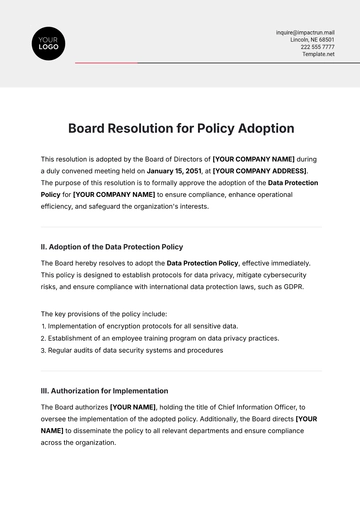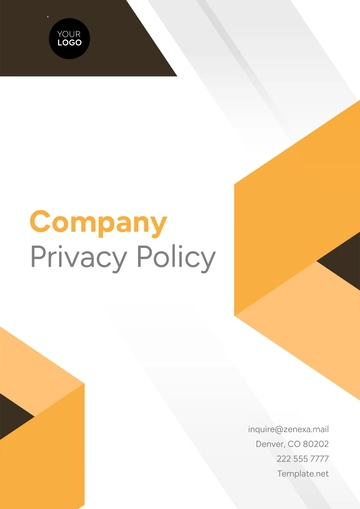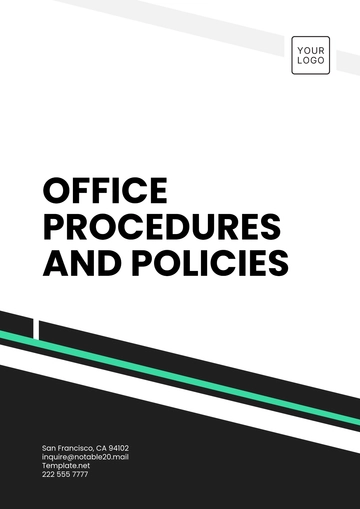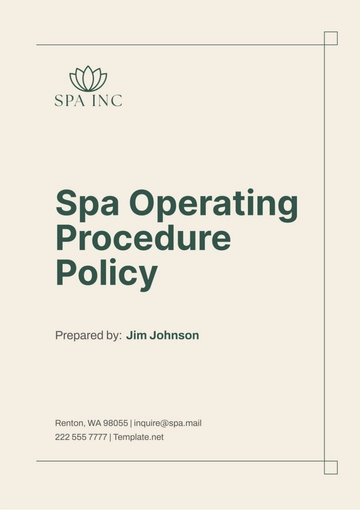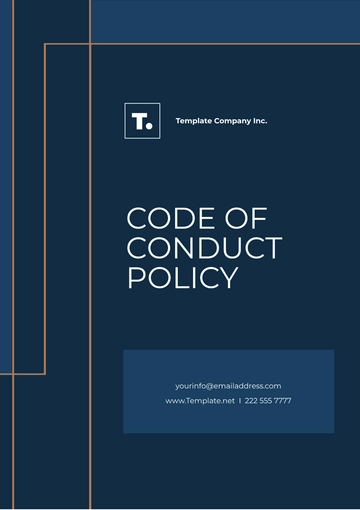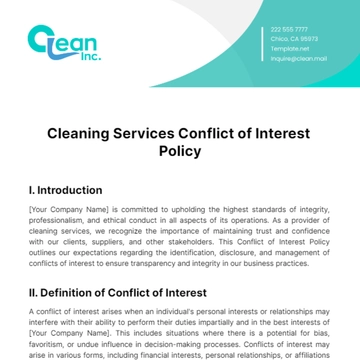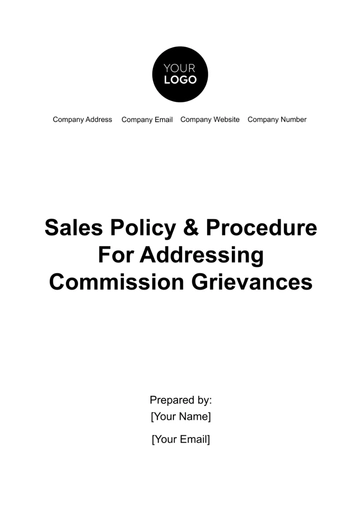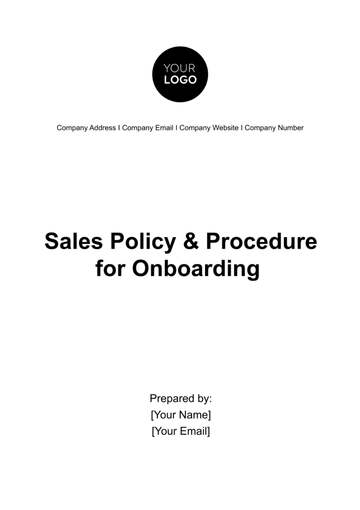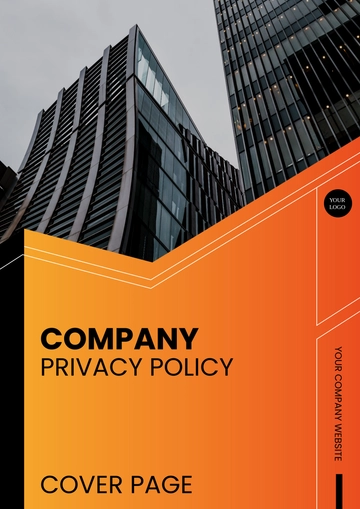Free Administration Corporate Email Policy
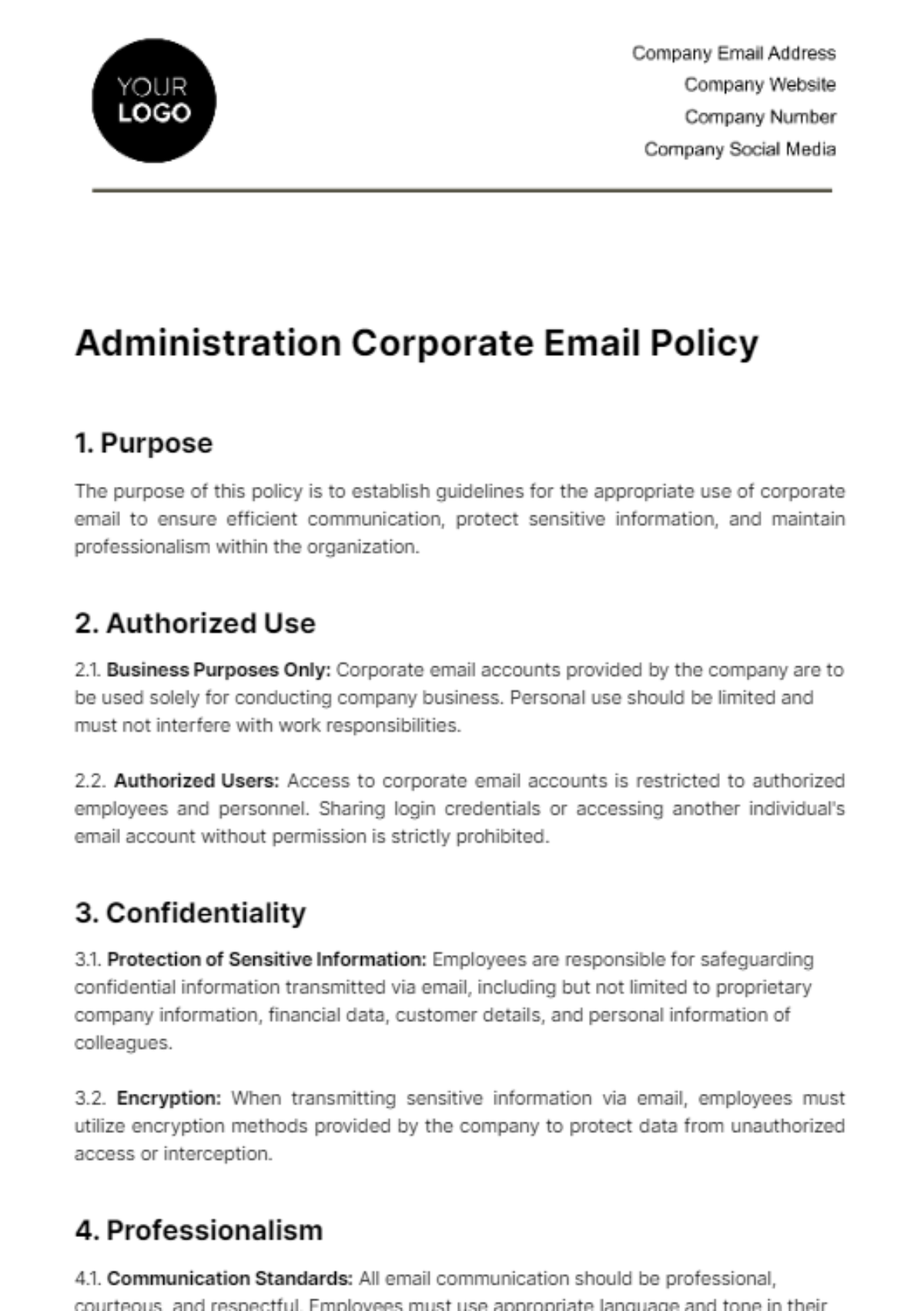
1. Purpose
The purpose of this policy is to establish guidelines for the appropriate use of corporate email to ensure efficient communication, protect sensitive information, and maintain professionalism within the organization.
2. Authorized Use
2.1. Business Purposes Only: Corporate email accounts provided by the company are to be used solely for conducting company business. Personal use should be limited and must not interfere with work responsibilities.
2.2. Authorized Users: Access to corporate email accounts is restricted to authorized employees and personnel. Sharing login credentials or accessing another individual's email account without permission is strictly prohibited.
3. Confidentiality
3.1. Protection of Sensitive Information: Employees are responsible for safeguarding confidential information transmitted via email, including but not limited to proprietary company information, financial data, customer details, and personal information of colleagues.
3.2. Encryption: When transmitting sensitive information via email, employees must utilize encryption methods provided by the company to protect data from unauthorized access or interception.
4. Professionalism
4.1. Communication Standards: All email communication should be professional, courteous, and respectful. Employees must use appropriate language and tone in their email correspondence.
4.2. Grammar and Formatting: Emails should be composed with proper grammar, spelling, and punctuation. Employees should avoid using excessive capitalization, emoticons, or slang that may be misinterpreted.
5. Security
5.1. Phishing Awareness: Employees should remain vigilant against phishing attempts and suspicious emails. Do not click on links or download attachments from unknown or unverified sources. Report any suspicious emails to the IT department immediately.
5.2. Password Security: Employees must use strong, unique passwords for their email accounts and refrain from sharing passwords with others. Passwords should be changed regularly, and multi-factor authentication (MFA) should be enabled where available.
6. Usage Guidelines
6.1. Subject Line: Use descriptive and relevant subject lines to provide recipients with a clear understanding of the email content.
6.2. Reply All: Exercise caution when using the "reply all" function, ensuring that all recipients truly need to be included in the conversation. Avoid unnecessary email clutter by limiting responses to relevant parties.
6.3. Attachments: Scan email attachments for viruses or malware before opening them. Employees should avoid sending large attachments that may exceed email server limitations.
7. Data Retention
7.1. Retention Policy: Emails should be managed and retained in accordance with company policies, industry regulations, and legal requirements. Unnecessary emails should be deleted promptly to minimize storage space usage.
7.2. Archiving: Critical business communications and records should be archived securely for future reference and compliance purposes.
8. Enforcement
Violation of this email policy may result in disciplinary action, up to and including termination of employment. Employees are required to review and comply with this policy, and any questions or concerns should be directed to the HR or IT department for clarification.
Conclusion
By adhering to the guidelines outlined in this policy, employees can contribute to the efficient, secure, and professional use of corporate email within the organization.
- 100% Customizable, free editor
- Access 1 Million+ Templates, photo’s & graphics
- Download or share as a template
- Click and replace photos, graphics, text, backgrounds
- Resize, crop, AI write & more
- Access advanced editor
Ensure seamless email communication with Template.net's Administration Corporate Email Policy Template. This editable and customizable template is perfect for crafting tailored policies. With easy editing in our AI Editor Tool, personalize policies effortlessly. Safeguard confidentiality, promote professionalism, and enhance security with this comprehensive solution, tailored to your organization's needs.
You may also like
- HR Policy
- Restaurant Policy
- Company Policy
- Accounting Policies and Procedures
- Website Policy
- Privacy Policy
- Safety Policy
- School Policy
- IT and Software Policy
- Law Firm Policy
- Construction Policy
- Interior Design Policy
- Travel Agency Policy
- Education Academic Policy
- Security Policy
- Real Estate Policy
- Expense Policy
- Software Policy
